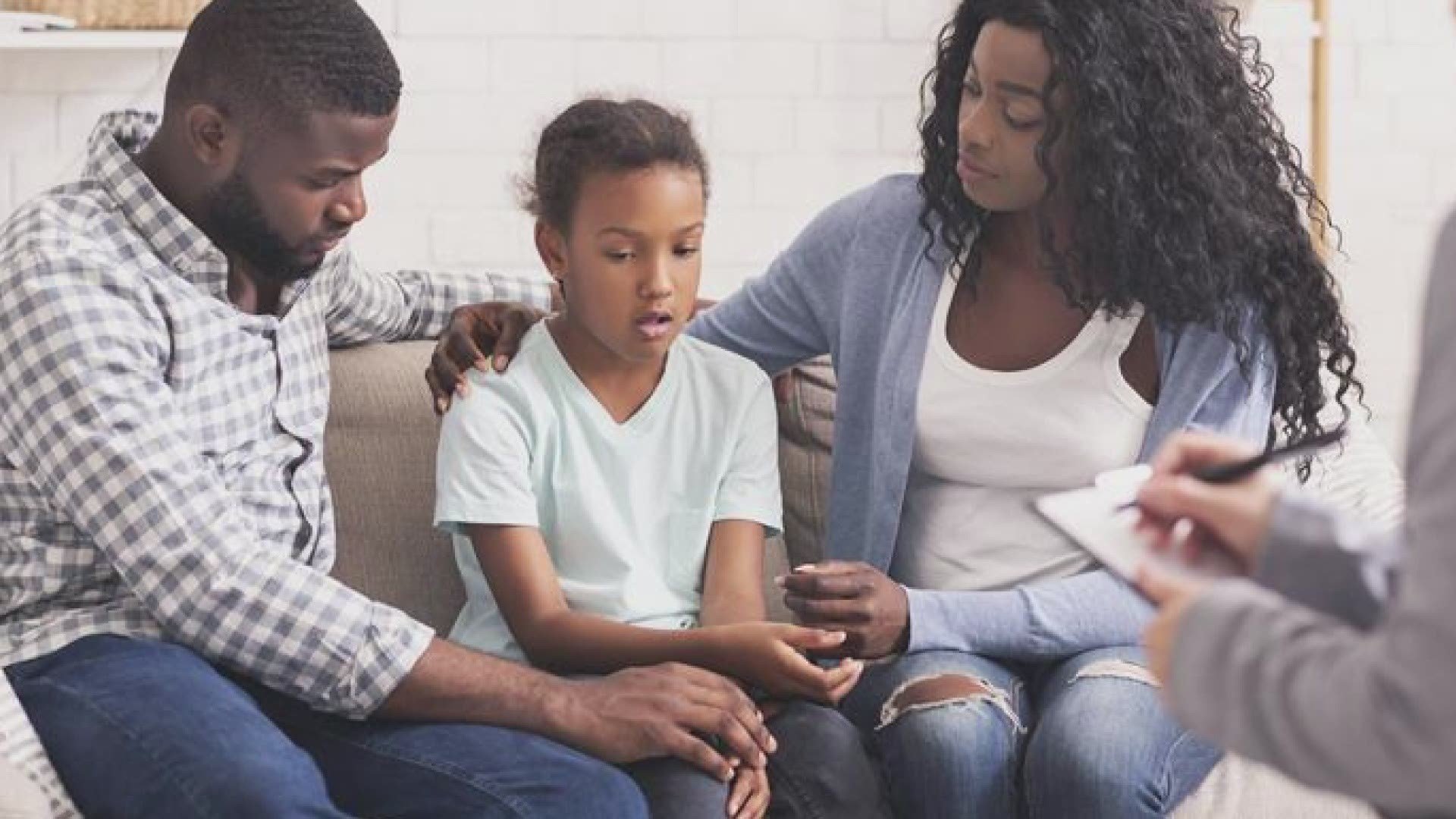DALLAS — One of the positive outcomes of the pandemic has been an increased focus on mental health and awareness for how important it is. But for a lot of families, that focus has also meant a scarcity of resources.
They're looking for help, but instead they're finding long waitlists, counselors booked up.
“I’ve most definitely heard that counseling and therapy is inundated with people needing services right now,” said parenting coach Kim Muench.
Therapist Dr. Kelly Jameson agreed.
“More now than ever, because people are reaching out for services, we’re hearing that there’s sort of a backlog,” she explained.
It’s something of a Catch-22: an increased focus on mental health during the COVID-19 pandemic has led to an increase in bookings with therapists and counselors, in turn leading to wait times for those seeking help. You can imagine how individuals and families might wonder where to turn.
Fortunately, resources are available. Families just have to know where to look.
“If you don’t know a therapist, if you don’t know anyone in the field at all, I always recommend people start with their primary care physician or their pediatrician, depending on if they’re calling for a child or a teenager or themselves,” Jameson said.
She also adds guidance counselors have great information if you’re seeking help for a student. And non-profits can provide a wealth of resources as well, like the Grant Halliburton Foundation. Their website, granthalliburton.org, is loaded with information and links to help for a variety of mental health topics.
And Muench says that’s important, because often when one member of the family needs counseling or therapy, it’s beneficial for other members of the family to seek help as well. She explained it’s rare for an issue to stand on its own without being affected by other family dynamics.
“When a child has a problem, it’s a whole family problem," she said. "And the way that Mom and Dad handle the situation is really important: not just to take a child to get help and not learn themselves how to be the calm in their child’s storm.”
The backlog and delays may be a nuisance for those seeking help. But Dr. Jameson says if an issue is severe enough to potentially lead to an individual harming themselves or others, loved ones should call any resource at their disposal, and keep calling until they get immediate help.
She adds caregivers are trained to step in and find help in emergencies.
For those who need immediate help, there are also crisis lines available. The National Suicide Prevention Lifeline is a resource for individuals struggling or for those looking to help someone else. The number to call is 1-800-273-8255. Those who need emotional crisis support can also text HELLO to 741741 to speak with a trained listener 24/7. It is free and confidential.

